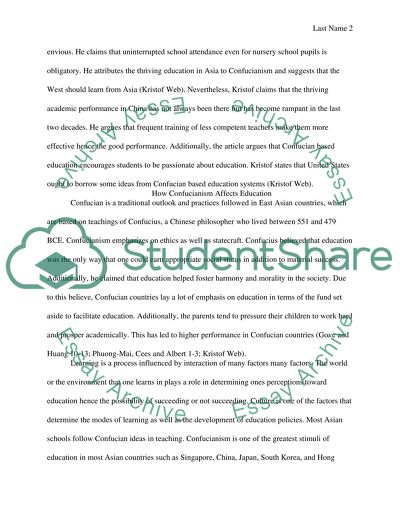Cite this document
(“Kristofs Article: China's winning schools Essay”, n.d.)
Kristofs Article: China's winning schools Essay. Retrieved from https://studentshare.org/education/1604239-confucianism-and-education-in-asia
Kristofs Article: China's winning schools Essay. Retrieved from https://studentshare.org/education/1604239-confucianism-and-education-in-asia
(Kristofs Article: China'S Winning Schools Essay)
Kristofs Article: China'S Winning Schools Essay. https://studentshare.org/education/1604239-confucianism-and-education-in-asia.
Kristofs Article: China'S Winning Schools Essay. https://studentshare.org/education/1604239-confucianism-and-education-in-asia.
“Kristofs Article: China'S Winning Schools Essay”, n.d. https://studentshare.org/education/1604239-confucianism-and-education-in-asia.


